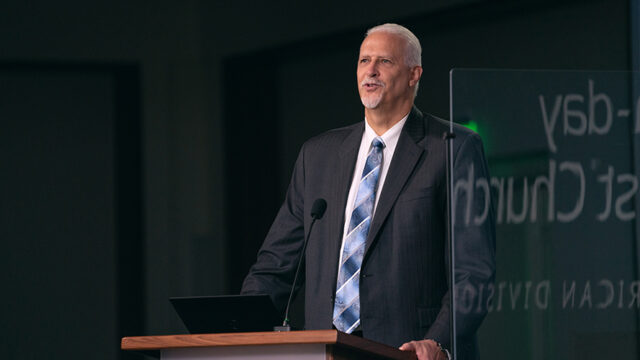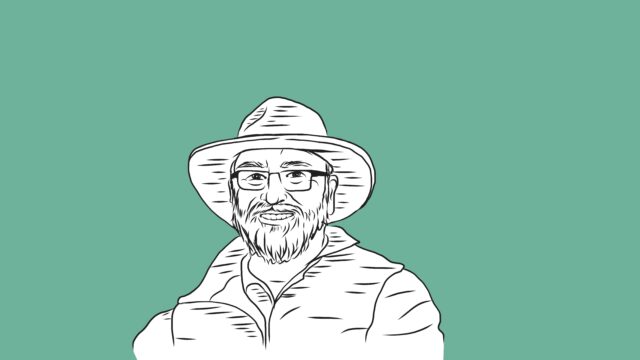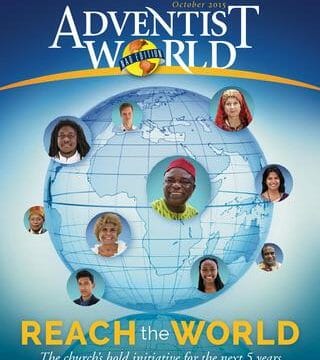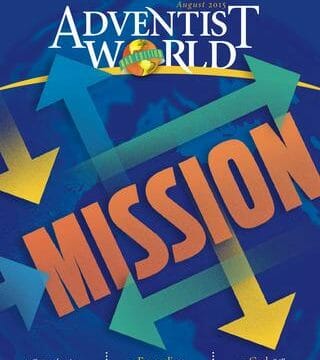Visions of a bright new world
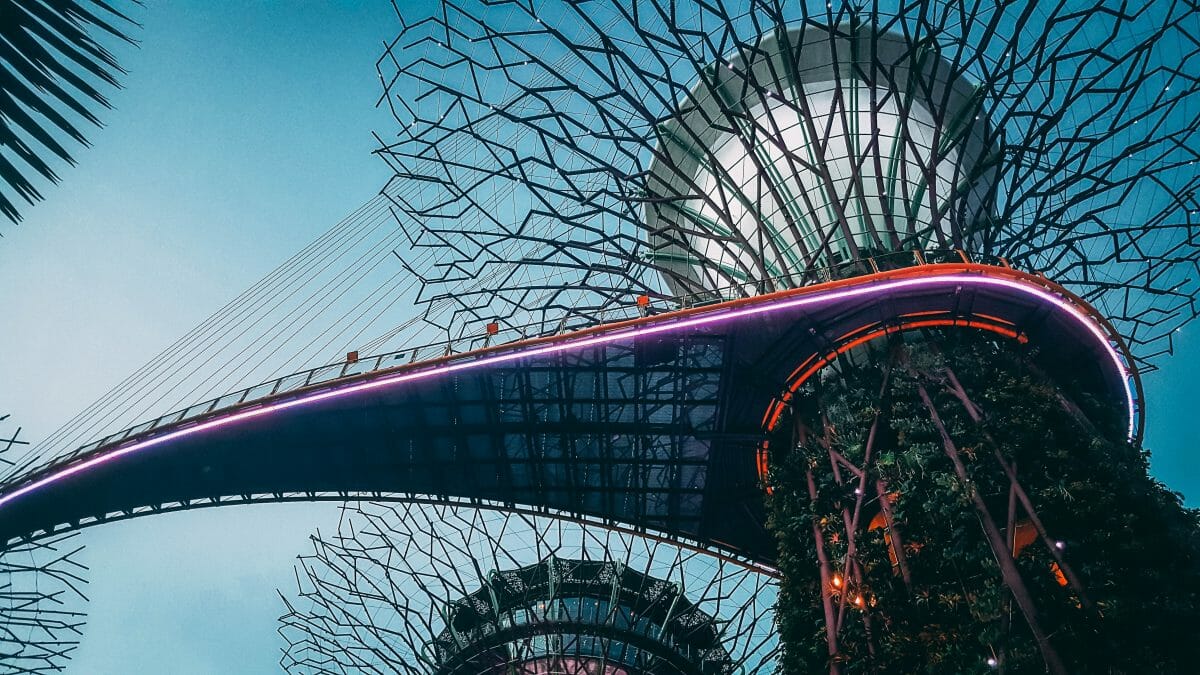
In the beginning God created heaven and earth, humans, and Eden—Paradise. A fantastic garden, a place without unmet needs, in perfect harmony. Sin caused this place to become tragically inaccessible. It slowly fell into oblivion and finally disappeared from this earth. But the longing for it never died. Since then, every generation has dreamed its own dreams about paradise. People of all ages have been looking for this place where a better life is possible.
Ideal World: South Pacific Island Utopia
More than 500 years ago English statesman and humanist Thomas More wrote the book Utopia, Greek for “non-place” or “nowhere.” Its content is quickly summarized: A sailor, Raphael Hythlodeus, raves about the perfect state on the distant island of Utopia. The island is more than 200 miles long. Its cities are magnificent. All residents speak the same language. There is neither money nor power. Cooperation is based on the principle of shared common good.
More had his own motives in writing this book. As an island state, Utopia was not least a counter model to his contemporary England. He outlined an alternative to the inequalities of his time, to abusive capitalism, and to the poverty of the peasant population. The book gave its name to an entire genre of literature, art, and music.
Faraway World: Star Wars
Until the nineteenth century, authors projected their ideal location onto distant islands or other hard-to-reach locations. But after the last white spots on the map had disappeared and the discovery of our planet had been completed, the perfect place was moved into the future or into space, ideally overlapping. This new genre of literature and art is known as science fiction.
Frenchman Jules Verne, born in 1828, is generally regarded as the father of science fiction. Verne put scientific and technical processes at the center of literature for the first time. Many of us are familiar with some of the heroes he created. Remember Captain Nemo and his Nautilus? the world traveler Phileas Fogg or Professor Lidenbrock?
Red World: Socialism and Communism
A very different way to rediscover paradise was taken by Karl Marx, a contemporary of Jules Verne. Born in Trier, Germany, in 1818, Marx became a world-famous philosopher and social theorist. The fundamental ideas of socialism and Communism are based on his work. With his more egalitarian theories of society, he promised humanity paradise on earth during their lifetime.
History shows that this attempt to improve living conditions ended in disaster too. Instead of paradise, the dream of equality led to dictatorship. In 1989 despair broke its course and the wall that divided Germany into two parts crumbled and took with it all ideals of a forced equality.
Techno World: Megacity “Neom”
One of the latest ideas to create paradise on earth is called Neom. Neom is a high-tech megacity that will span parts of Saudi Arabia, Jordan, and Egypt. Some 26,500 square kilometers (10,230 square miles) big at a cost of a half a trillion dollars, Saudi-Arabian Crown prince Mohammad bin Salman bin Abdulaziz Al Saud wants to raise this city from the desert sands in the next few years. Neom is an artificial word from “neo” and “mostaqbal” and means something like “new future.” The first construction phase is expected to be completed by 2025.
Neom will be innovative and ultramodern, a center of science, business, and prosperity, with new laws and taxes. The digital megaindustrial zone is to be equipped with autonomous road traffic, passenger drones, and self-learning traffic systems. The energy needed to run the city will be produced by wind and sun. Everyone and everything will be digitally connected. It’s another attempt to create a new society.
One wonders about the feasibility of this project. Will it really do justice to our longing for a better world? So far, all intents to establish a technological utopia haven’t worked out.
Broken World: Fascination About Dystopia
The fall of Communism and socialism introduced the downfall of the great sociopolitical utopias. Utopian writers have also retired. There was a lack of imagination for good or fortune in the twentieth century. Instead of a utopia, dystopia was established. The increasing fear of technology and surveillance resulted in such bestsellers as 1984, by George Orwell, and Brave New World, by Aldous Huxley. In the twenty-first century dystopian films are booming in Hollywood. The world is disillusioned and broken. Postmodernism seems to do without the grand narrative that holds the world together. Today paradise is not found in the here and now, even less in the future.
New World: Heavenly Jerusalem
One thing is certain though. Paradise remains lost forever, despite all human efforts to find it again. Ultimately, we humans have to admit that the bright new world is not available here on earth. But there is hope. The Bible tells us of a better world to come. In the first century A.D. John, the disciple, had a vision about the future. Serving a prison sentence on the island of Patmos, he saw a new society and the future of humanity. “Then I, John, saw the holy city, New Jerusalem, coming down out of heaven from God. . . . Then He who sat on the throne said, ‘Behold, I make all things new’” (Rev. 21:2-5).
God will create the only real bright new world. Paradise is not about a holiday idyll on a faraway island; not about space travel, absurd fantasies of equality or high technology; it’s about the absence of sin. “But there shall by no means enter it anything that defiles, or causes an abomination or a lie” (verse 27). Instead, God’s presence guarantees supreme happiness. Meeting God face to face will be enough, as it was in Eden. “But the throne of God and of the Lamb shall be in it, and His servants shall serve Him. They shall see His face” (Rev. 22:3, 4).
Whoever longs for this better place is invited to believe and come along: “And the Spirit and the bride say, ‘Come!’ And let him who hears say, ‘Come!’ And let him who thirsts come” (Rev. 22:17).
So, come!
Claudia Mohr serves in the department for public relations of the Seventh-day-Adventist Church in Germany. She lives with her husband, Jens-Oliver, and their daughter, Melody, in Ostfildern.
Read more about What We Believe at https://www.adventist.org/en/beliefs/


